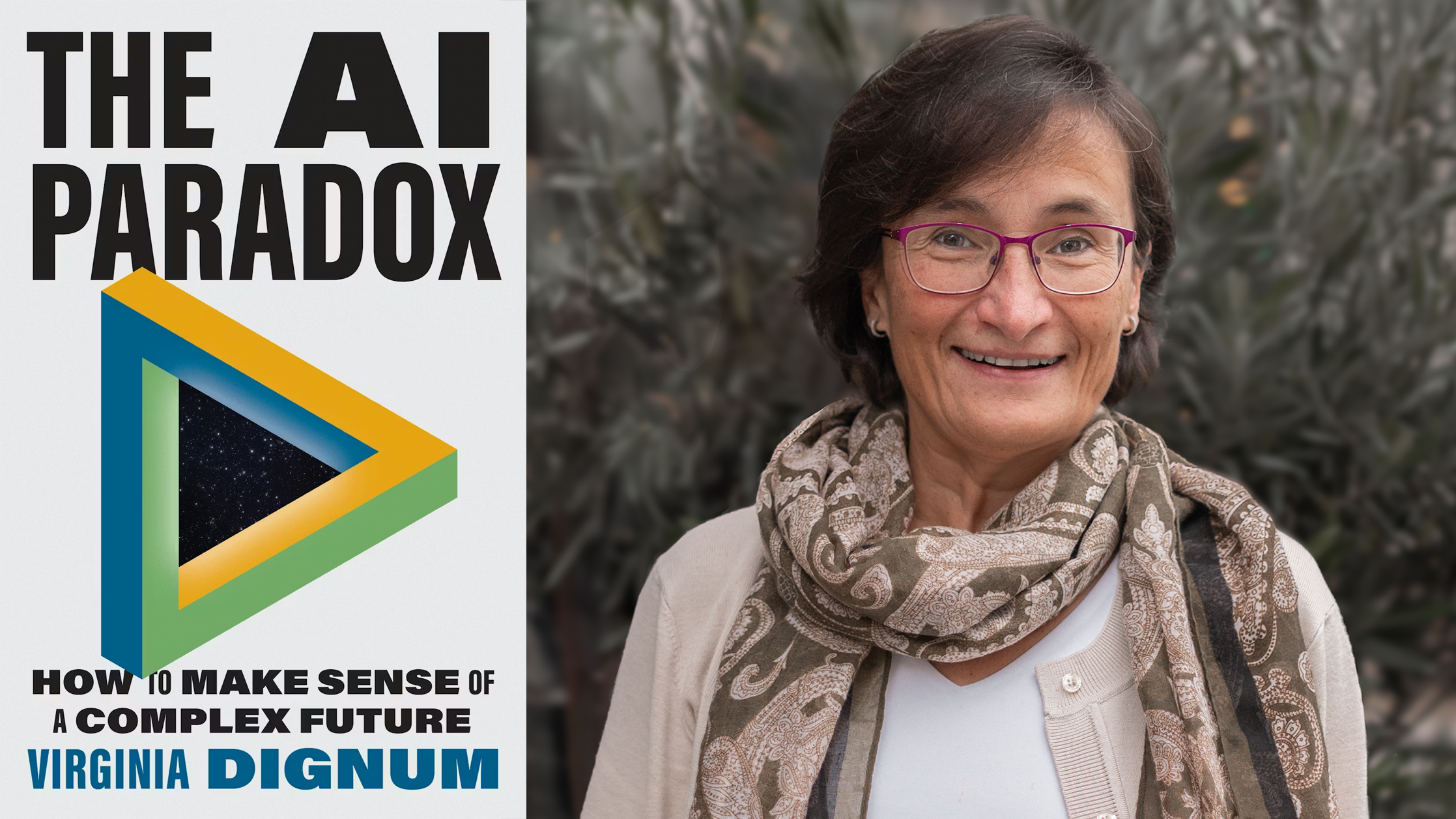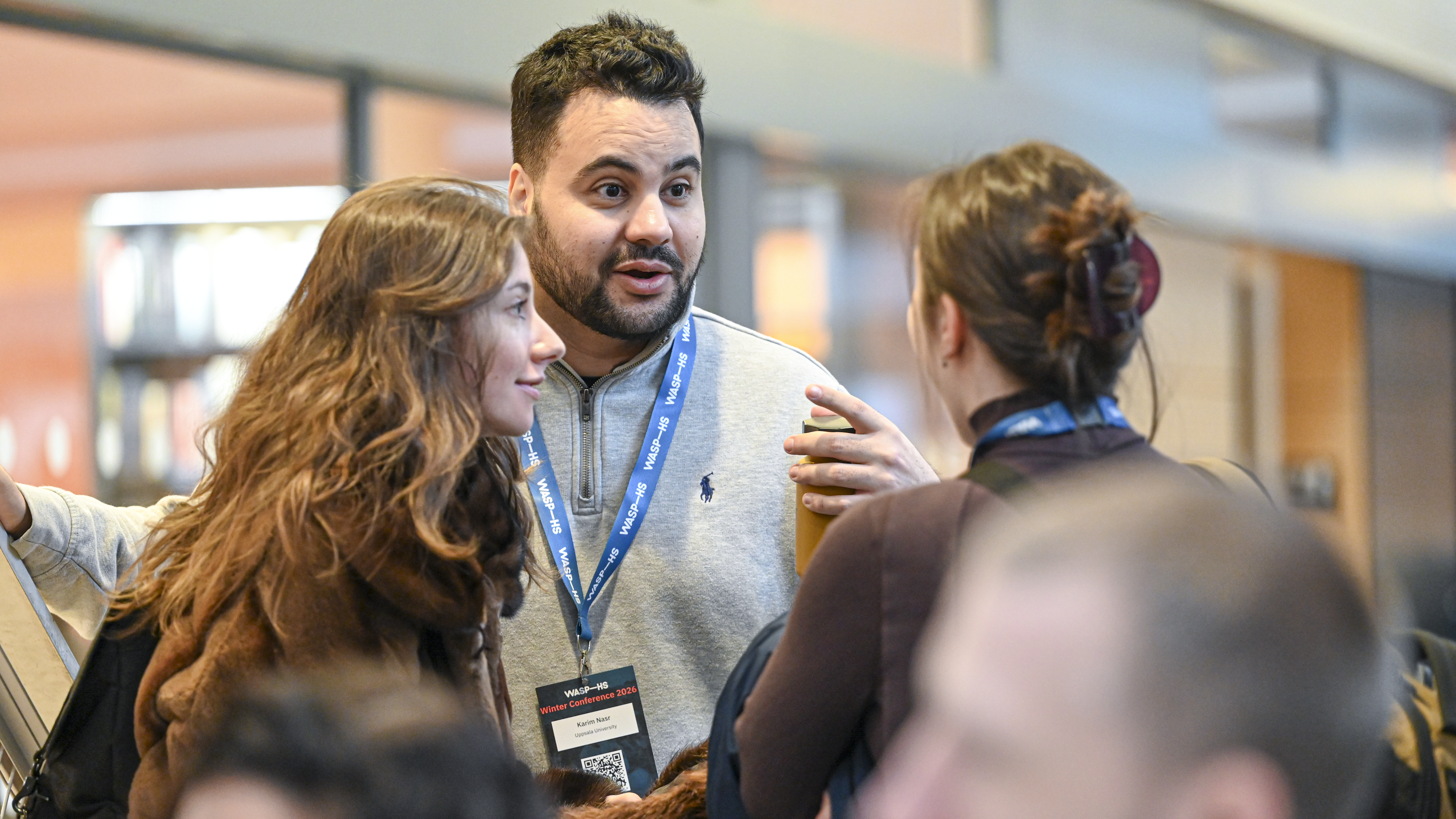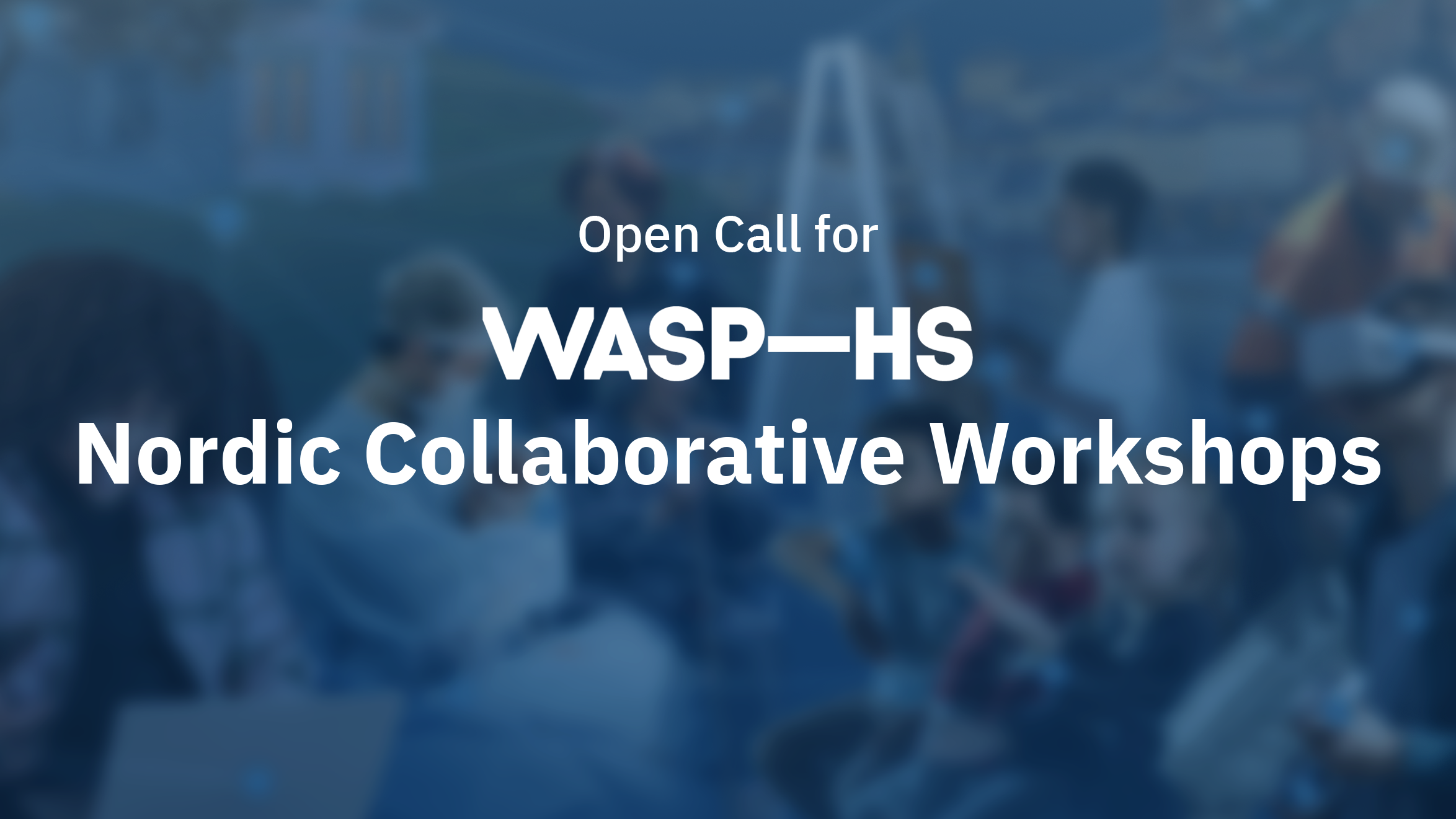The full list of grants by The Wallenberg Foundations in 2020 is now published. Among them 12 new research projects within WASP-HS, one of the ongoing long-term strategic initiatives funded by the Foundations.
Funding allocated by The Wallenberg Foundations to research in 2020 totaled almost SEK 2.4 billion. One of the ongoing long-term strategic initiatives is WASP-HS.
The Wallenberg Foundations is the umbrella name for 17 Foundations formed by the Wallenberg family or established in memory of family members. Out of the total of almost SEK 2.4 billion, the three largest foundations – Knut and Alice Wallenberg Foundation, Marianne and Marcus Wallenberg Foundation and Marcus and Amalia Wallenberg Foundation – awarded research funding of SEK 2.3 billion.
“We are very pleased that the Foundations can continue to award funding in the order of SEK 2.4 billion, which is on a par with last year. Unfortunately, we will not be able to continue at this level because corporate dividends during the pandemic in 2020 have been low or in some cases even canceled. Most of the year’s dividends have come from holdings in Investor and FAM. Over the past ten years the Wallenberg Foundations have funded research to the tune of just over SEK 20 billion,” says Peter Wallenberg Jr, Chair of Knut and Alice Wallenberg Foundation.
WASP-HS a strategic initiative
Time and time again the Foundation awards grants specifically for basic research and competence building, thereby supporting the development of new knowledge and technology capable of furthering Sweden’s long-term development as a center of research and an industrial nation.
One of the ongoing long-term strategic initiatives is WASP-HS. Its aim is to realize excellent research and develop competence on the opportunities and challenges of artificial intelligence and autonomous systems with a strong investment on research in humanities and social science.
The program is a joint initiative by Marianne and Marcus Wallenberg Foundation and Marcus and Amalia Wallenberg Foundation, and its primary mission is to analyze the potential ethical, economic, labor market, social and legal dimensions of the technological transition.
MMW and MAW will be allocating SEK 660 million to 2029, and have awarded additional funding of SEK 165 million to 28 projects in this field.
During the year of 2020 grants under the WASP-HS program has been awarded:
KTH Royal Institute of Technology, funding of SEK 4.9 million for a project entitled “Culturally informed robots in learning activities (CIRILA)”
Uppsala University, funding of SEK 4.9 million for a project entitled “Quantifying culture: A study of AI and cultural heritage collections”
Stockholm University, funding of SEK 6 million for a project entitled “The global governance of artificial intelligence”
Stockholm University, funding of SEK 6 million for a project entitled “AI in motion: Studying the social world of autonomous vehicles”
Stockholm School of Economics, funding of SEK 6 million for a project entitled “A study of AI as a new strategic imperative; challenging existing strategies, business models and organizational processes”
KTH Royal Institute of Technology, funding of SEK 6 million for a project entitled “Artificial intelligence and industrial transformation: Who will survive the technology shift in Sweden?”
Lund University, funding of SEK 6 million for a project entitled “AI and automated systems and the right to health – Revisiting law accounting for the exploitation of user preferences and values”
Umeå University, funding of SEK 6 million for a project entitled “AI-driven contextual communication: Implications for citizens and society”
Umeå University, funding of SEK 6 million for a project entitled “Cyborg Politics: A study of artificial agents in online democratic deliberation”
KTH Royal Institute of Technology, funding of SEK 6 million for a project entitled “AI and the artistic imaginary: Socio-cultural consequences and challenges of creative-AI technology”
Uppsala University, funding of SEK 6 million for a project entitled “AI and the financial markets: Accountability and risk management with legal tools”
Stockholm University, funding of SEK 6 million for a project entitled “Ethical and legal challenges in relationship to AI-driven practices in higher education”
Wallenberg Artificial Intelligence, Autonomous Systems and Software Program, WASP
One of the other ongoing long-term strategic initiatives is WASP. It is a research program that represents a huge commitment to basic research, postgraduate education and recruitment in the AI, autonomous systems and software development sectors.
The program is intended to contribute to competence building and knowledge development in a large number of areas, in which intelligent vehicles, robots and complex software-intensive systems achieve autonomy in interaction with humans. This knowledge is essential if Swedish research is to keep abreast of developments towards the internet of things, in which more and more systems will also become autonomous. A key part of the program is the establishment of a platform for academic research and education that can interact with Swedish industry. The WASP program will recruit 80–100 research teams to Sweden, and run a graduate school with up to 600 PhD students. Co-funding provided by universities and Swedish industrial companies totals SEK 1.3 billion.
KAW will be allocating SEK 4.2 billion to 2029.
Full list of grants
Each year, to provide an overall picture of the funding awarded by the foundations to Swedish research and education, the Wallenberg Foundations publish a list outlining the grants awarded by the three largest Foundations during the preceding year.
See the full list of grants 2020.





